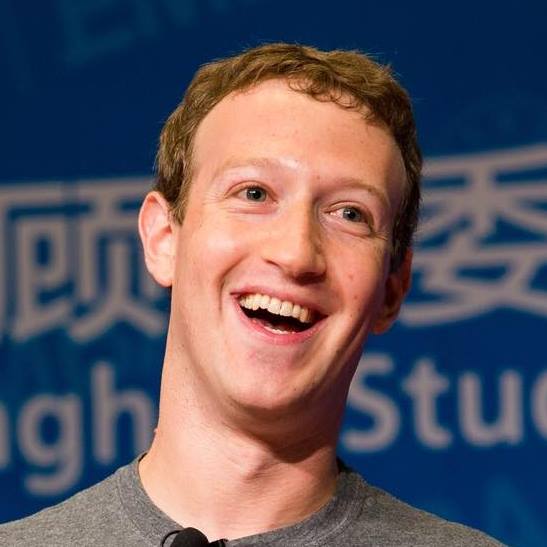Mark Zuckerberg and cryptocurrency
Every year I take on a personal challenge to learn something new. I've visited every US state, run 365 miles, built an AI for my home, read 25 books, and learned Mandarin.
I started doing these challenges in 2009. That first year the economy was in a deep recession and Facebook was not yet profitable. We needed to get serious about making sure Facebook had a sustainable business model. It was a serious year, and I wore a tie every day as a reminder.
Today feels a lot like that first year. The world feels anxious and divided, and Facebook has a lot of work to do -- whether it's protecting our community from abuse and hate, defending against interference by nation states, or making sure that time spent on Facebook is time well spent.
My personal challenge for 2018 is to focus on fixing these important issues. We won't prevent all mistakes or abuse, but we currently make too many errors enforcing our policies and preventing misuse of our tools. If we're successful this year then we'll end 2018 on a much better trajectory.
This may not seem like a personal challenge on its face, but I think I'll learn more by focusing intensely on these issues than I would by doing something completely separate. These issues touch on questions of history, civics, political philosophy, media, government, and of course technology. I'm looking forward to bringing groups of experts together to discuss and help work through these topics.
For example, one of the most interesting questions in technology right now is about centralization vs decentralization. A lot of us got into technology because we believe it can be a decentralizing force that puts more power in people's hands. (The first four words of Facebook's mission have always been "give people the power".) Back in the 1990s and 2000s, most people believed technology would be a decentralizing force.
But today, many people have lost faith in that promise. With the rise of a small number of big tech companies — and governments using technology to watch their citizens — many people now believe technology only centralizes power rather than decentralizes it.
There are important counter-trends to this --like encryption and cryptocurrency -- that take power from centralized systems and put it back into people's hands. But they come with the risk of being harder to control. I'm interested to go deeper and study the positive and negative aspects of these technologies, and how best to use them in our services.
This will be a serious year of self-improvement and I'm looking forward to learning from working to fix our issues together.
This is all legit, what is is doing and trying to do.... I used to respect him a lot.
I have read his book, and watched the film "Social network", all seemed rosy and nice... until.......
The Facebook grew so big, it started to influenced huge masses of people, so Government (US gov in this case) had to step in. Gov regulates a lot decisions when it comes to what content publishing techniques FB should and could use. Also the whole monetisation process was the most tricky part to FB, and when investors invested money into FB, and became shareholders.... this is a clear signal, that FB is not the same "community service" anymore. it is all about ROI to shareholders and profits. So all this talking about: being better to communities etc, doesn't make a sense in my opinion. I find those stories like: broadcasting crimes live, or bullying and broadcasting it on FB live.... just disgusting!
Like I mentioned: FB was nice idea, with good execution, but money (shares) made it very very toxic product.